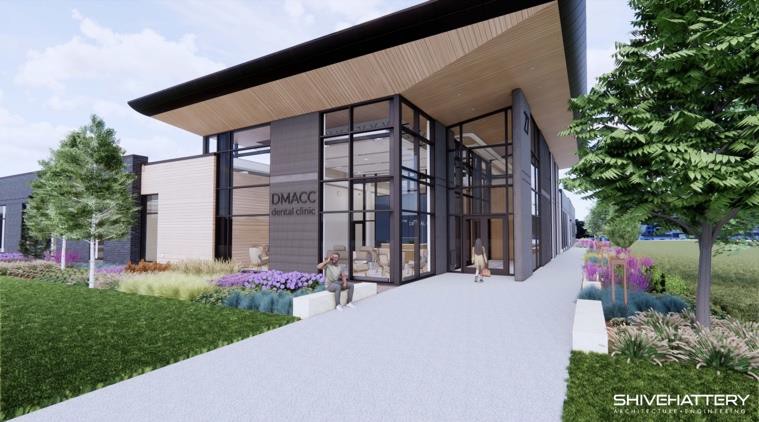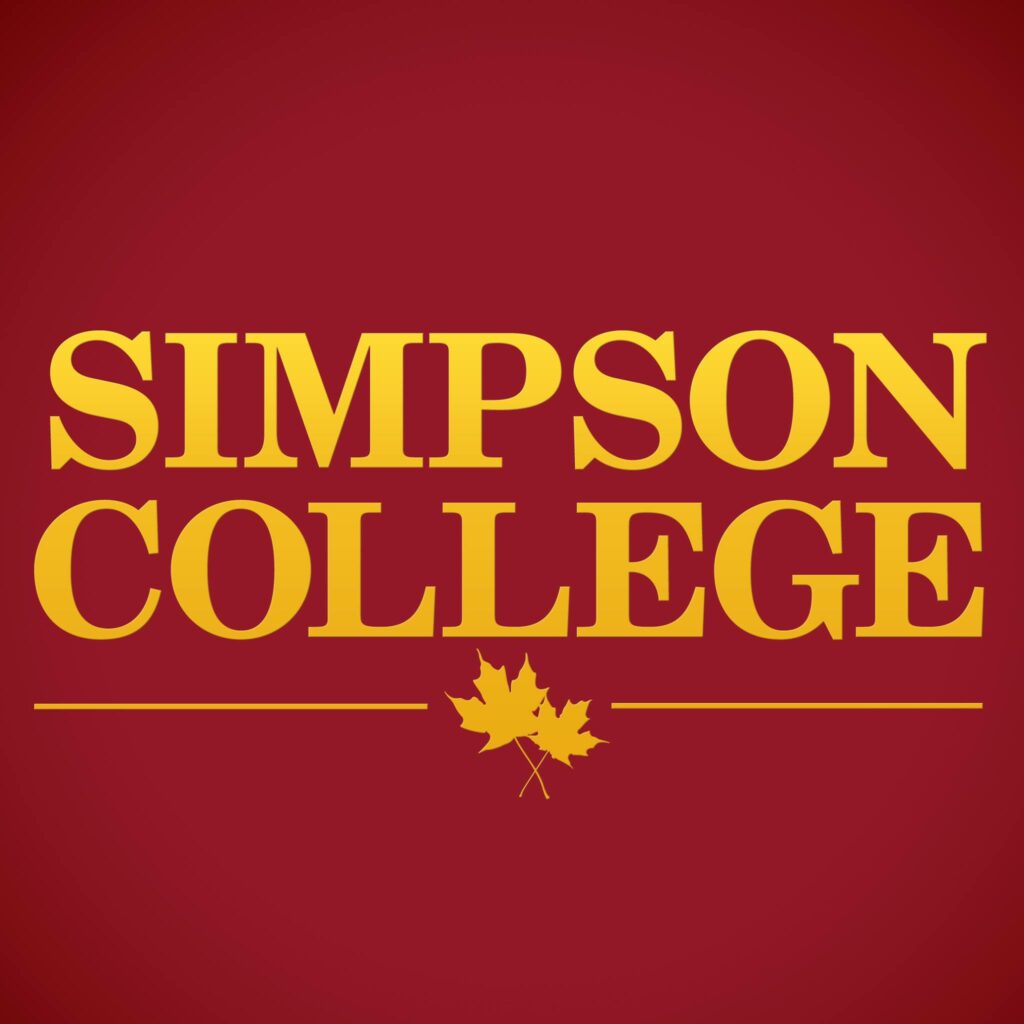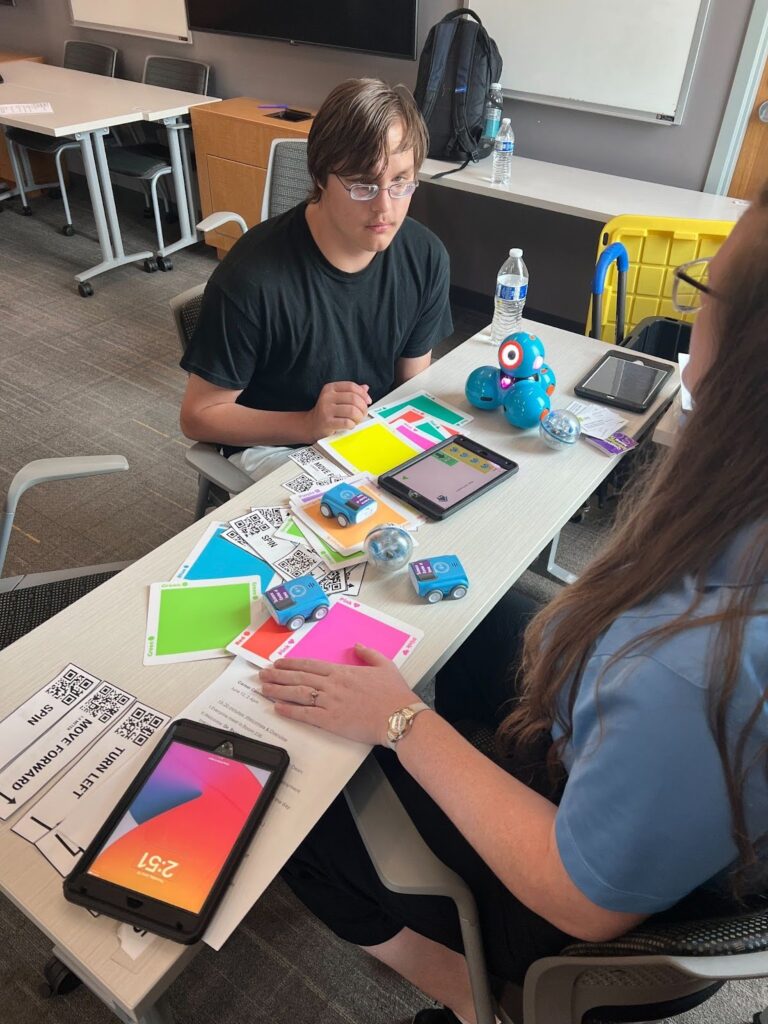Let’s do business
New ISU President Steven Leath sees potential for university to collaborate with Greater Des Moines

Steven Leath wasn’t even on campus yet when a Greater Des Moines business leader reached out to him.
Even before starting his new job in January, the Iowa State University president was contacted by Belin McCormick P.C. attorney Steve Zumbach, who is also a co-chair of the Capital Crossroads Capital Corridor committee. Zumbach arranged for Leath to have dinner with Central Iowa business leaders, including Capital Crossroads Tri-Chairs J. Barry Griswell, Angela Connolly and Cara Heiden. Leath has since taken over retired ISU President Gregory Geoffroy’s co-chair position on the capital.
“My initial impression is that people want to develop public-private partnerships at a higher level than before between Iowa State and businesses in the state, especially the central part of the state,” Leath said. “I think most people recognize the talent here and the raw material, but I don’t think it has all been packaged to the level it can be. And that’s what we want to do.”
The Capital Corridor committee is charged with better connecting Ames and Des Moines, with Iowa State being a necessary part of that. In addition to his post on that panel, Leath is also a member of the Iowa Business Council.
Zumbach was impressed with Leath’s commitment to get involved with Capital Crossroads, especially during his first year on the job at Iowa State.
“What this demonstrates is his commitment to build new and strong partnerships with the university,” Zumbach said. “And I believe that commitment on his part is going to significantly extend the reach of the institution and the impact to the institution.”
Leath’s vision includes utilizing the university’s skilled labor force and its access to technology to help existing businesses and create new ones. One area in particular that Leath and business leaders discussed was a focus on utilizing Iowa State’s core competency of bioscience to develop intellectual property with commercial applications.
Leath’s vision also includes keeping in constant dialogue with Des Moines business leaders in order to understand the business community’s needs.
The first step, though, is to decide “what are we really trying to accomplish, and what’s the framework around it,” Leath said.
“Is it about biosciences, is it about ag biotechnology, is it about plant sciences? How large should it be? Should it be as broad as comes naturally but us focusing in just a few areas, or some other areas?” he said.
Along with that, it’s important to figure out how the area will be branded, he said. People recognize Silicon Valley in California and the Research Triangle in North Carolina, which is where Leath worked before coming to Iowa State.
“We need to figure out how we’re going to brand ourselves, because if we’re going to talk about recruiting businesses or getting businesses to expand, what differentiates us from (those areas)?” Leath said.
He said that the branding needs to be thoughtful enough that it doesn’t overpromise and underdeliver, but added it also needs to be dynamic enough to attract and retain businesses and talented workers.
And as a region, he said, we shouldn’t sell ourselves short. His first impression of Central Iowa: “Very bright people, hardworking people that want to move forward, that maybe we all as a group need to think bigger.”
Zumbach sees the opportunity to better connect the research being done at Iowa State with Central Iowa businesses – “great science and great companies,” he said. Having Leath on board is important to that.
“He’s absolutely committed,” Zumbach said. “He did it in North Carolina, and he understands how to do it. He has a proven track record. I’m very optimistic that great things are going to happen in Central Iowa and Iowa as a result of his presence.”











